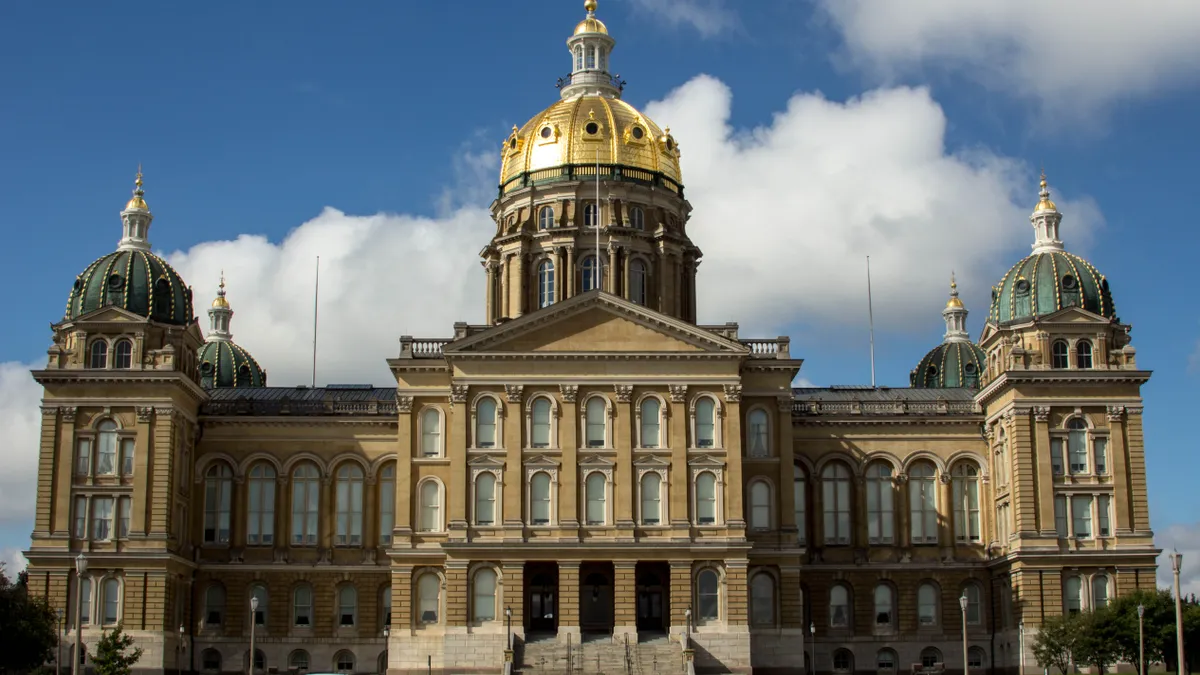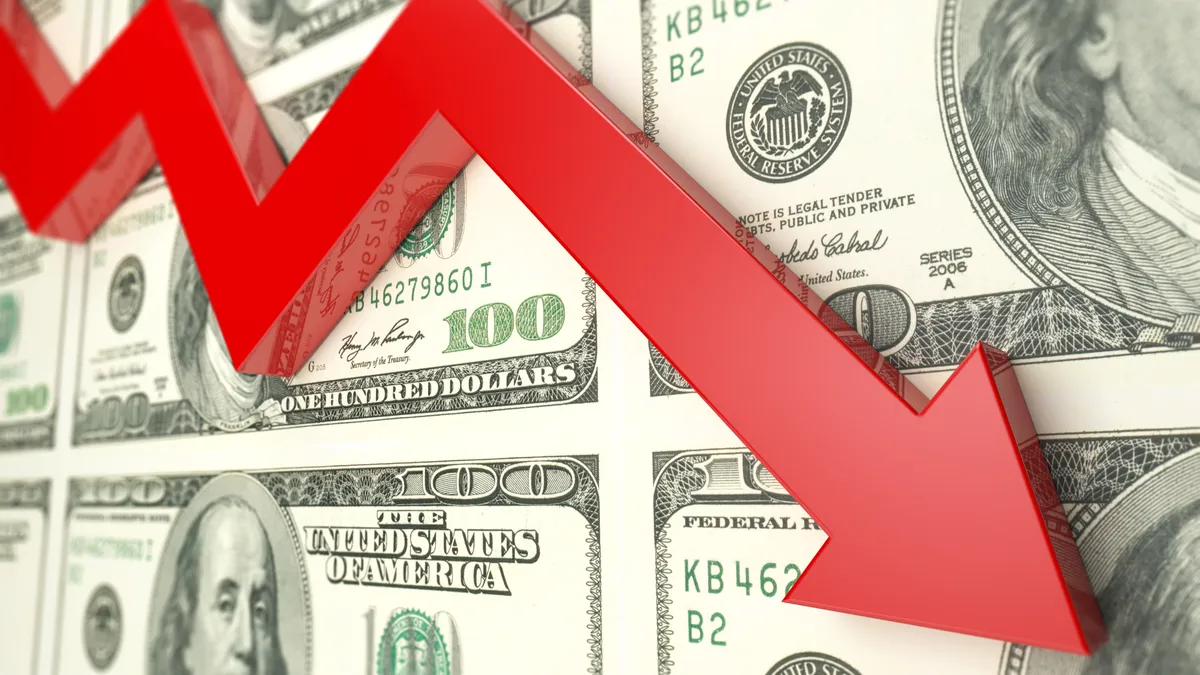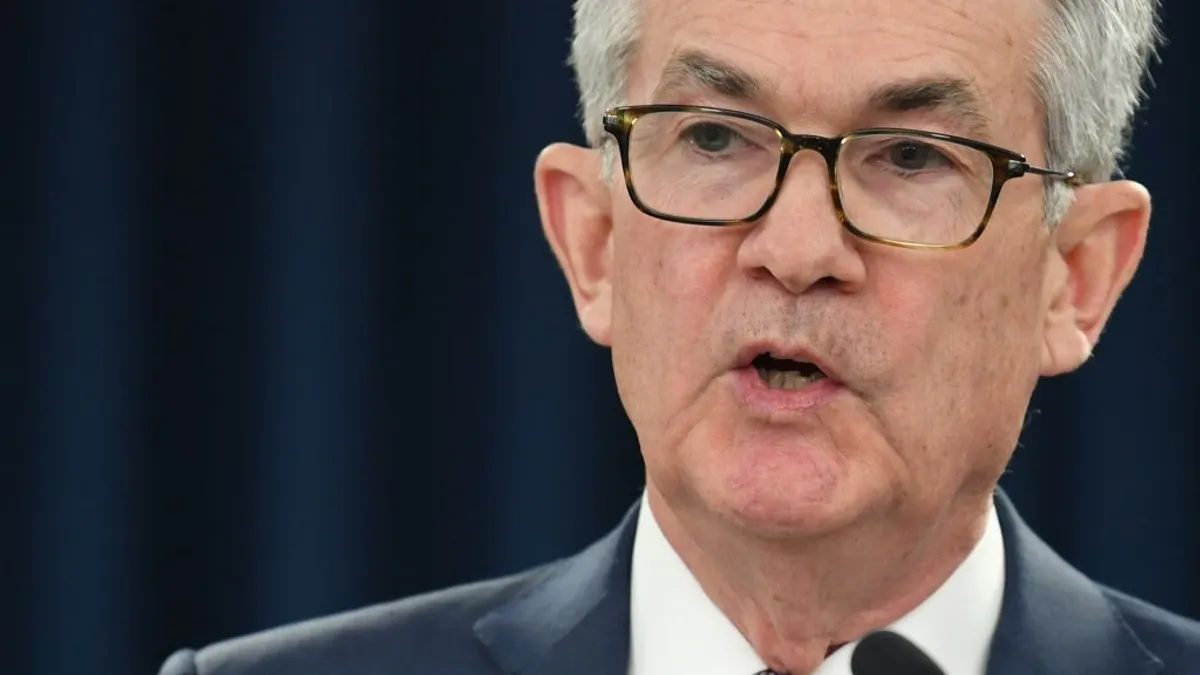The United States is weeks away from a presidential election that could determine federal oversight of AI at a pivotal time, given the technology's rapid pace of development and wide-ranging social implications.
Though most voters have centered their attention on social and economic issues, both candidates have offered some insight into their plans for AI governance as part of their platforms. Vice President Kamala Harris represents continuity as she plans to expand upon the decisions made during the Biden administration. Former President Donald Trump, meanwhile, plans to shake up AI governance should he return to the White House.
“The differences in what we could see couldn’t be more stark,” said Russell Newman, associate professor at Emerson College and faculty associate at Harvard University.
The Harris-Walz campaign said it would continue commitments outlined by President Joe Biden’s AI executive order published last October. The campaign's policy proposal laid out plans to scale up and solidify the National Artificial Intelligence Research Resource, which supports AI-related research and provides training and development resources. The campaign did not respond to a request for comment.
The Trump-Vance platform stated plans to repeal the Biden Administration’s executive order focused on AI. “In its place, Republicans support AI development rooted in free speech and human flourishing,” the policy outline said. The campaign did not respond to a request for comment.
Enterprises are keenly aware that new AI regulations and policies could impact operations. More than 2 in 5 C-suite executives are more concerned now with AI regulation and its effects on adoption than six months ago, according to an IBM Institute for Business Value study published in August. Executives are considering how higher costs related to compliance and stricter data and privacy practices will change their long-term plans.
But neither ticket offers clarity on exactly how new regulation will take shape.
“The upcoming election leaves many businesses in a state of uncertainty in terms of their development and/or deployment of AI systems or models,” Jennifer Everett, partner in Alston & Bird’s technology and privacy group, said in an email to CFO Dive sister publication CIO Dive. “In less than 25 days, we’ll have a better sense of the path forward in AI innovation and development.”
CIO Dive spoke with half a dozen industry watchers and experts about how a Trump or Harris presidency could impact federal legislation and oversight of AI. Here are the key takeaways:
Donald Trump
The Trump campaign's policy proposal for AI is a short two-liner, but there’s significance in the proposed repeal of the AI executive order, according to industry watchers.
Biden’s executive order on AI has served as “the touchstone of regulatory guidance,” according to Everett. The Biden administration has presented the order as the foundation for potential policies to address AI’s risks.
A win for the Trump-Vance ticket would likely allow tech companies more leeway, according to experts.
“You will see an environment in which largely self-regulation will be the rule,” Newman said.
Analysts predict a lighter regulatory touch could potentially lead to increased access to capital and spur investment into AI startups, accelerating the pace of AI innovation and deployment. Guidelines based on voluntary commitment, which remain a key part of the current administration’s strategy, could also proliferate.
Rayid Ghani, distinguished career professor at Carnegie Mellon University, anticipates a Trump-Vance administration would take a more U.S.-centric approach, in contrast with the Biden administration's efforts to participate in multiple global forums related to AI. The U.S. partnered with the U.K. in April to create AI system evaluation standards, released research to support the United Nations development goals, and plans to host the inaugural convening of the International Network of AI Safety Institutes next month.
Kamala Harris
Experts anticipate a relative continuation of Biden-era governance on AI if Harris is elected.
“Under a Harris administration, we should expect to see executive orders or similar initiatives encouraging regulatory oversight,” Everett said.
The Biden administration’s AI executive order accelerated efforts from several key agencies. The National Institute of Standards and Technology has shared generative AI risk mitigation efforts and governance frameworks since being tasked by the executive order. The provisions have also enabled the federal government to bolster its ranks of AI workers and appoint chief AI officers within specific agencies.
Despite an increased focus on AI, federal legislators have fallen short of passing AI laws.
“A Democratic victory may also reinvigorate the debate for a comprehensive federal regulatory framework to address AI safety and deployment issues,” Bobby Malhotra, partner at Winston & Strawn and part of the firm’s AI strategy group, said in an email.
Some technology leaders believe clarity around regulations will help build trust and raise confidence in the technology, while others have expressed concern over regulation hampering innovation.
“While investment in AI is still likely under a Democratic administration, the pace of acceleration might be more measured compared to a Republican administration,” Malhotra said. “However, the risks associated with AI development will likely be more mitigated, especially with potential policy steps aimed at protecting vulnerable populations from potential AI harms.”
Researchers are optimistic that a few areas of consensus remain despite the differences.
“I would hope that there’s a bipartisan agreement when it comes to AI assurances in terms of ethical and responsible standards around transparency and auditing assessment,” said Ari Lightman, distinguished service professor at Carnegie Mellon University.
Both candidates have also expressed a desire for the U.S. to lead on AI.
“Whoever wins in November will do so at a critical time to shape AI policy,” Malhotra said.





















